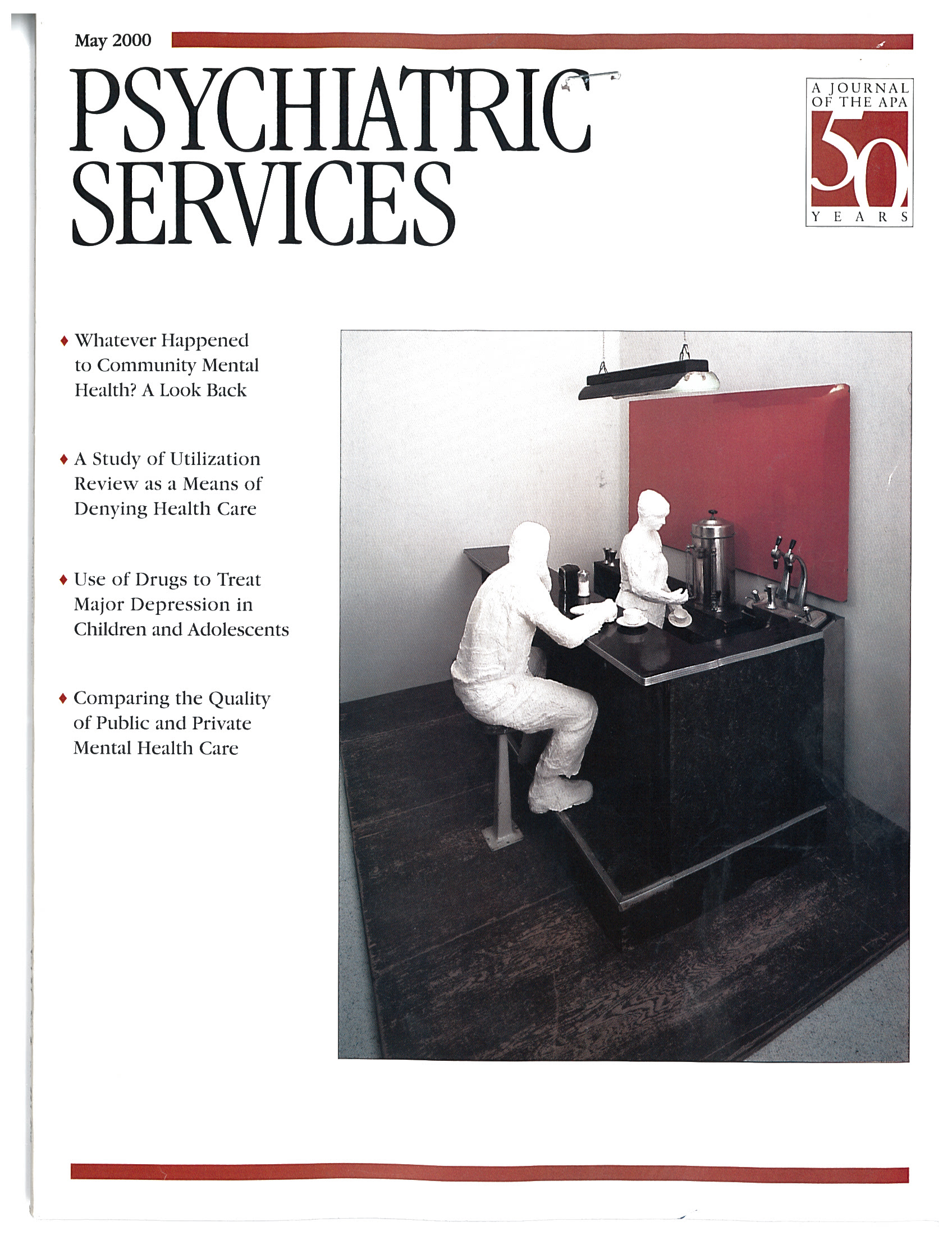Comparing Outcomes of Major Models of Police Responses to Mental Health Emergencies
Abstract
OBJECTIVE: The study compared three models of police responses to incidents involving people thought to have mental illnesses to determine how often specialized professionals responded and how often they were able to resolve cases without arrest. METHODS: Three study sites representing distinct approaches to police handling of incidents involving persons with mental illness were examined—Birmingham, Alabama; and Knoxville and Memphis, Tennessee. At each site, records were examined for approximately 100 police dispatch calls for "emotionally disturbed persons" to examine the extent to which the specially trained professionals responded. To determine differences in case dispositions, records were also examined for 100 incidents at each site that involved a specialized response. RESULTS: Large differences were found across sites in the proportion of calls that resulted in a specialized response—28 percent for Birmingham, 40 percent for Knoxville, and 95 percent for Memphis. One reason for the differences was the availability in Memphis of a crisis drop-off center for persons with mental illness that had a no-refusal policy for police cases. All three programs had relatively low arrest rates when a specialized response was made, 13 percent for Birmingham, 5 percent for Knoxville, and 2 percent for Memphis. Birmingham's program was most likely to resolve an incident on the scene, whereas Knoxville's program predominantly referred individuals to mental health specialists. CONCLUSIONS: Our data strongly suggest that collaborations between the criminal justice system, the mental health system, and the advocacy community plus essential services reduce the inappropriate use of U.S. jails to house persons with acute symptoms of mental illness.



